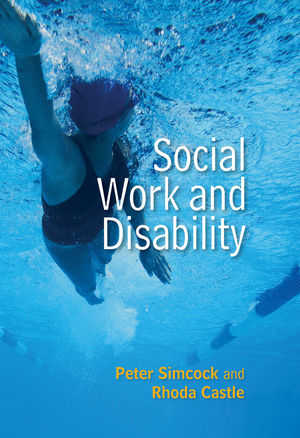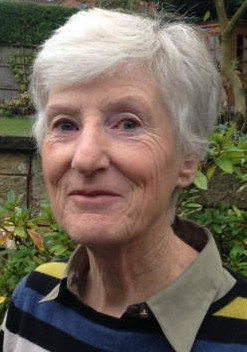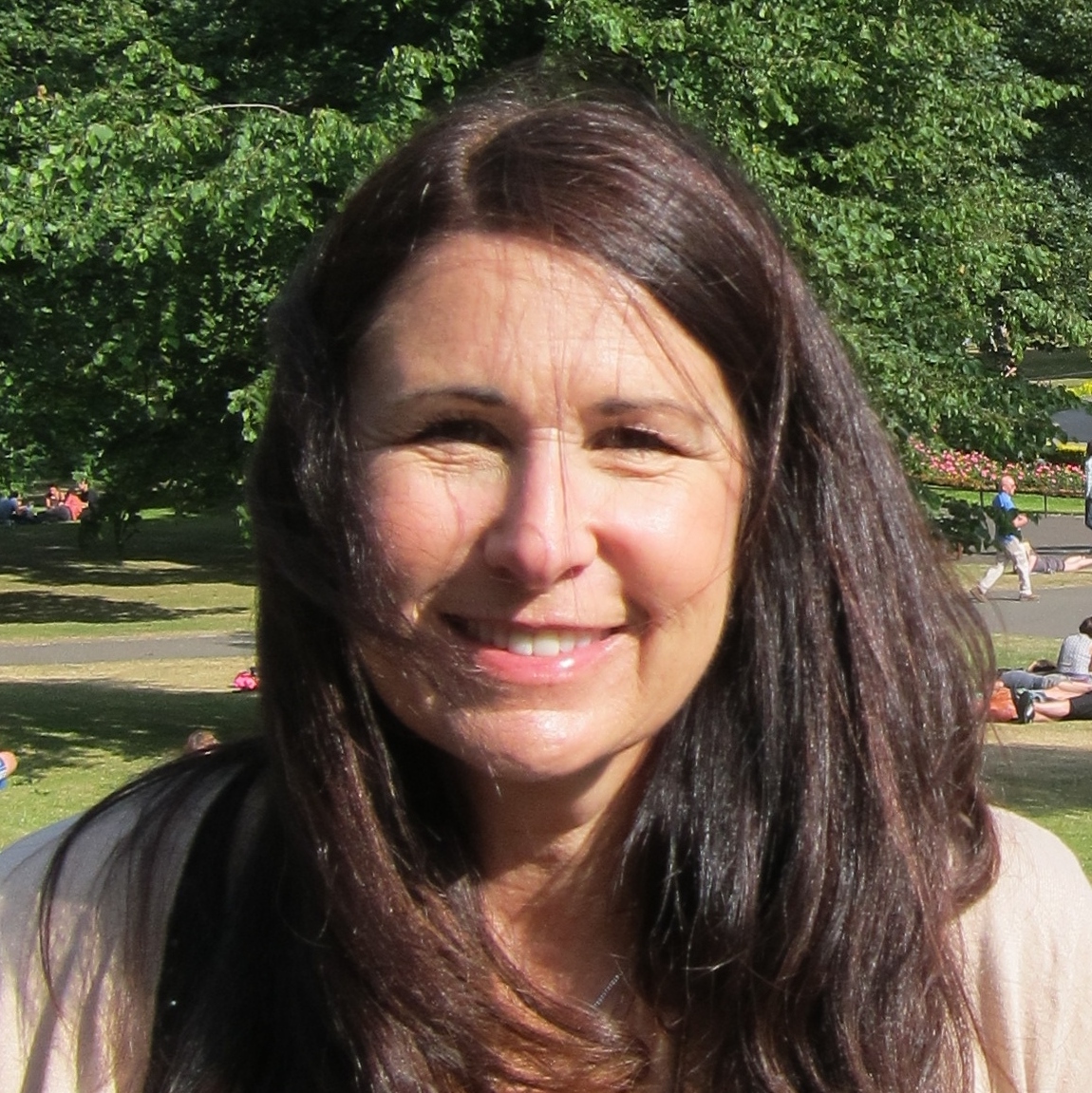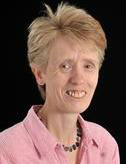
Dr Allen Bartley
Are you a registered social worker who has supervised or managed a social work team and who has worked closely for at least 3 months with a non-UK-qualified social worker? If so, Dr Allen Bartley of the University of Auckland would like to hear from you. Dr Bartley, Visiting Research Fellow at the Social Care Workforce Research Unit, is conducting a new study, Crossing Borders: Social work employers’ and managers’ perspectives of migrant social workers. In this call for participants he explains the rationale for the study and how you may be able to help. Interviews are in July.
Background to the study
Social work is a global profession practised in over 140 countries. Its spread and development have been accompanied by a drive to attain professional status and a coherent international identity through the work of a number of international organisations concerned with social work practice and education, such as the International Federation of Social Workers (IFSW) and the International Association of Schools of Social Work (IASSW). The global nature of the profession is reflected in the large number of international professional and academic social work publications and, in Europe, the imperatives of various EU directives and initiatives such as the Bologna Declaration have motivated social work educators and registering authorities to move towards a closer alignment of practice standards to a European norm (Walsh, Wilson & O’Connor, 2009).
That social work as a profession aspires to such a globalized outlook is premised on an assertion that the profession adheres to a central set of values and ethics that transcends national boundaries (Welbourne et al., 2007). Similarly, higher educational programmes in social work across a number of countries now stress ‘universal social work professional values’ such as self-determination, confidentiality, being non-judgemental, acceptance and the respect for diversity (Welbourne et al., 2007; Calderwood, Harper, Ball & Liang, 2009).
As a result, social workers in many countries may feel that they belong to a transnational profession. This perception is reinforced by both government immigration policies and by the global recruitment activities of social work employers. Social work agencies have been actively recruiting and marketing to migrants the benefits of living and practising in the UK, in an effort to fill gaps in its social care system (Hussein, 2014; Christie & Campbell, 2009; Simpson, 2009;). In the UK, between 2003 and 2004 there was an 82 percent increase in the number of overseas qualified social workers entering the country, with the greatest numbers coming from Australia, South Africa and the US (Welbourne et al., 2007), though changes to UK immigration policies more recently have seen a shift towards recruitment from across the European Economic Area (Hussein, 2014). This internationalization of practice has led us to conceptualise social work as inhabiting a transnational professional space (Bartley et al., 2012).
That transnational professional space is not without its challenges. However universal they may be, social work values and ethical codes are always interpreted through the lens of national or regionally-specific historical, social, political and cultural norms (Welbourne et al., 2007; Simpson, 2009). These norms are manifest in a range of challenges that confront transnational social workers: in employment practices and workplace cultures; in negotiating new sets of legislative imperatives and political tensions; and in gaining recognition and acceptance of the validity and transportability of their educational qualifications, skills and practice expertise gained overseas; and in navigating the particular forms of ethnic and cultural diversity and the attendant politics that manifest in local sites and impact on social work practice.
Taking part in the study
As part of the Research On Workforce Mobility network (ROWM) at King’s College London, the Crossing Borders team has partnered with Dr Shereen Hussein, Principal Research Fellow at the Social Care Workforce Research Unit, to replicate in London a study currently underway in Auckland. We plan to interview social work employers and managers in London about their experiences of supervising non-UK-qualified social workers practising in the local context. We will conduct the interviews in London throughout July 2014, or if you are not in London during this time we can arrange for a video or telephone interview.
We would like to hear from you if you are:
- a registered social worker who has supervised or managed a social work team; and
- have worked closely for at least 3 months with a non-UK-qualified social worker; and
- willing to talk about your experiences and reflections.
Please contact: Dr Shereen Hussein to arrange an interview on 020 7848 1669 or shereen.hussein@kcl.ac.uk.
We invite participation from professionals in both statutory, for-profit and voluntary (not for profit) organisations of varying sizes (from very small to very large), and across a range of fields of practice. This study is part of a larger comparative study involving professionals in New Zealand and Australia.
More information: on the Crossing Borders project web page and in the Information Sheet for Study Participants (pdf, 2pp).
Dr Allen Bartley is a New Zealand-trained sociologist who migrated to New Zealand from the United States in 1992. Based in the social work programme in the School of Counselling, Human Services & Social Work at the University of Auckland, he is part of a research team investigating the transnational dynamics of the social work workforce in New Zealand. Additionally Allen is involved in a project exploring the use of social media by migrants in Auckland, and its impact on their sense of identity and belonging. He is Visiting Research Fellow at the Social Care Workforce Research Unit, King’s College London (from July 2014).
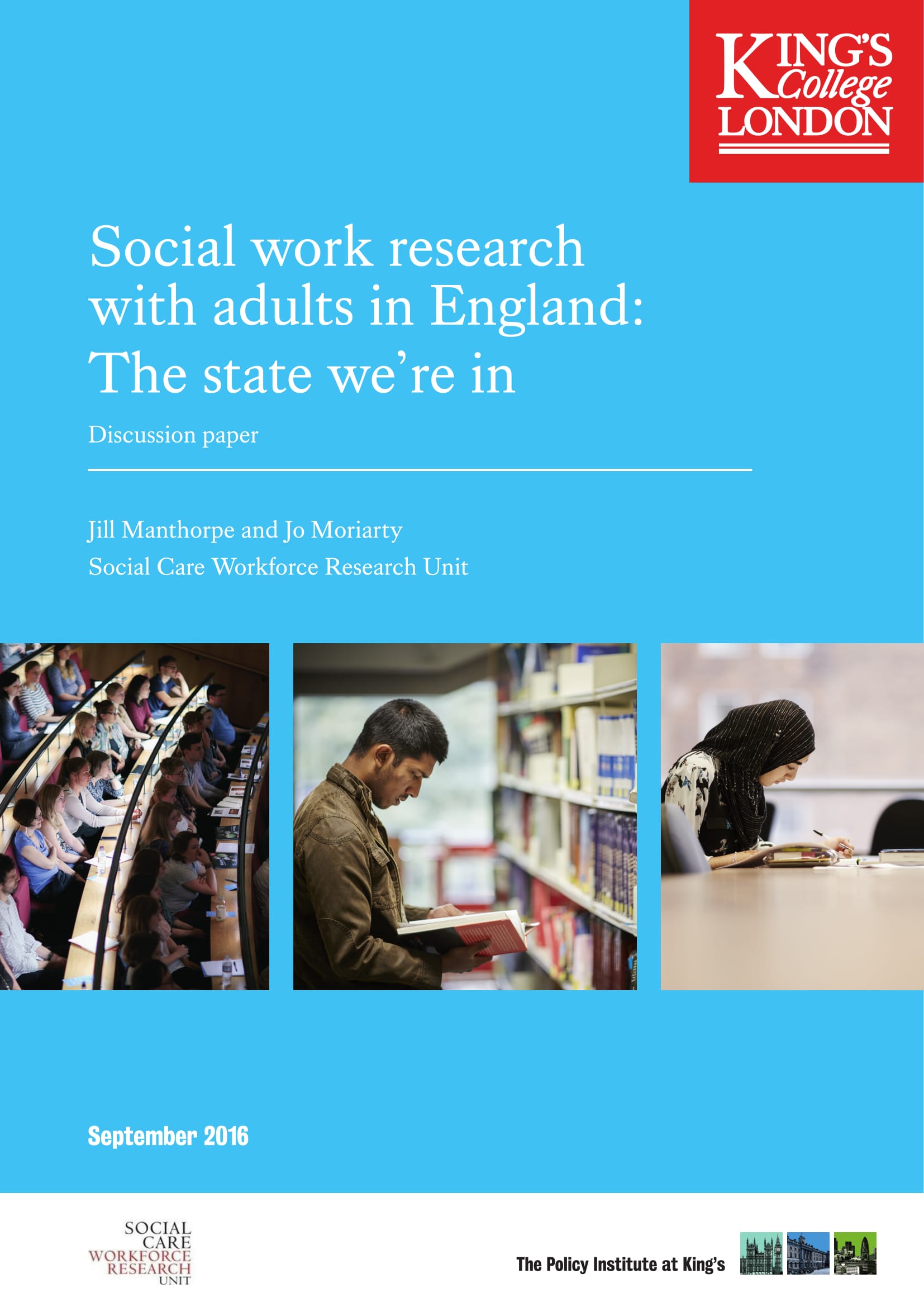 The adult social work sector in England needs to urgently identify its key research priorities, in an inclusive and rigorous way, if it is to generate the ideas and evidence needed to ensure that people receive the best possible support, according to researchers at the Policy Institute, King’s College London.
The adult social work sector in England needs to urgently identify its key research priorities, in an inclusive and rigorous way, if it is to generate the ideas and evidence needed to ensure that people receive the best possible support, according to researchers at the Policy Institute, King’s College London.